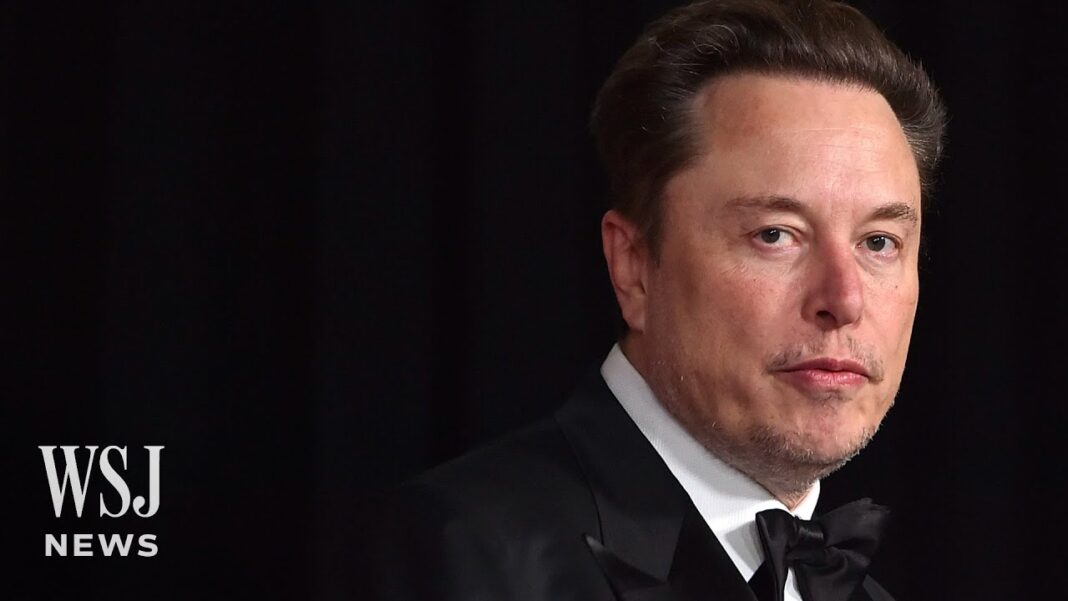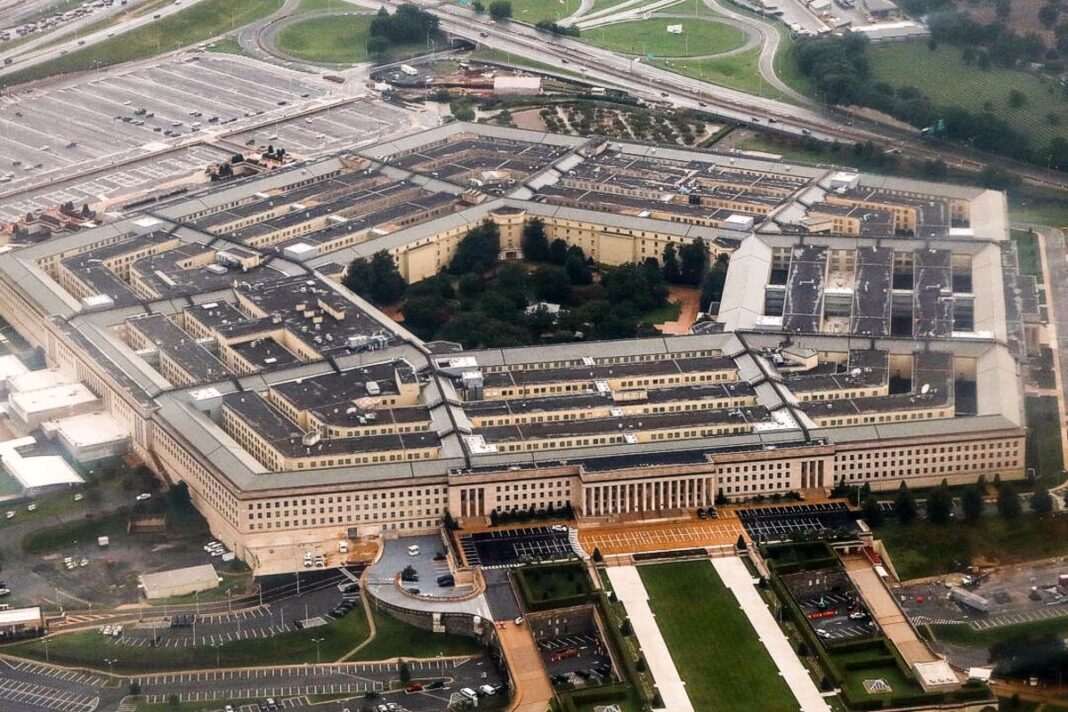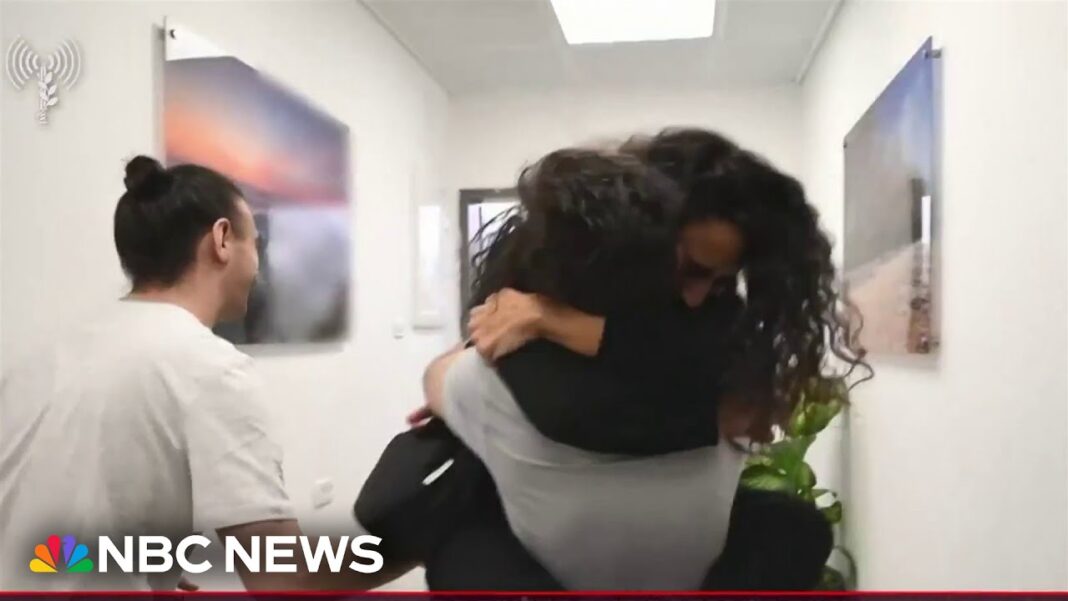Attorneys for Elon Musk were appealing to the Delaware Supreme Court on Oct. 15 to reinstate the billionaire entrepreneur’s $56 billion pay package from Tesla. The almost two-year litigation, brought by some company stockholders, is expected to be finalized, following a lower court’s decision to rescind this record-breaking compensation.
In January 2024, Delaware’s Court of Chancery ruled that Tesla’s board of directors lacked independence from Musk when it gave the green light to the pay package in 2018, and that shareholders were also not privy to key information when they voted in favor of it. The judge found the compensation package to be unfair to investors.
The defendants, comprising both current and former Tesla directors, have denied any wrongdoing.
According to the January 2024 court documents, Musk’s compensation plan was said to be the largest one ever in public markets, representing 250 times the largest median peer compensation plan and more than 33 times the size of Musk’s prior compensation plan.
The previous ruling also stated that Musk had ties with those serving on the compensation committee, including a 15-year business relationship with committee chair Ira Ehrenpreis and a 20-year business and personal affiliation with Antonio Gracias.
“Given the collection of people tasked with negotiating on Tesla’s behalf, it is unsurprising that there was no meaningful negotiation over any of the terms of the plan,” the ruling states.
The defendants, however, claimed the board’s objective was to position Tesla for “transformative” growth through Musk’s continued leadership. They noted that Musk’s compensation was based on his ability to increase Tesla’s market capitalization from about $50 billion to $650 billion.
Ultimately, though, the court sided with the plaintiff, citing that they had demonstrated that “rescission is reasonable, appropriate, and practicable.”
On Jan. 30, 2024, the court decided that the 2018 CEO Performance Award should be rescinded. The plaintiff’s counsel filed a brief asking for an award of more than 29 million Tesla shares, plus expenses of $1.12 million. Tesla opposed the fee request.
The case dates back to 2018, when a Tesla stockholder filed a putative class and derivation lawsuit in the Delaware Court of Chancery against Musk and members of the Tesla board of directors. The litigation alleged corporate waste, unjust enrichment, and breach of fiduciary duties.
By Mary Prenon








